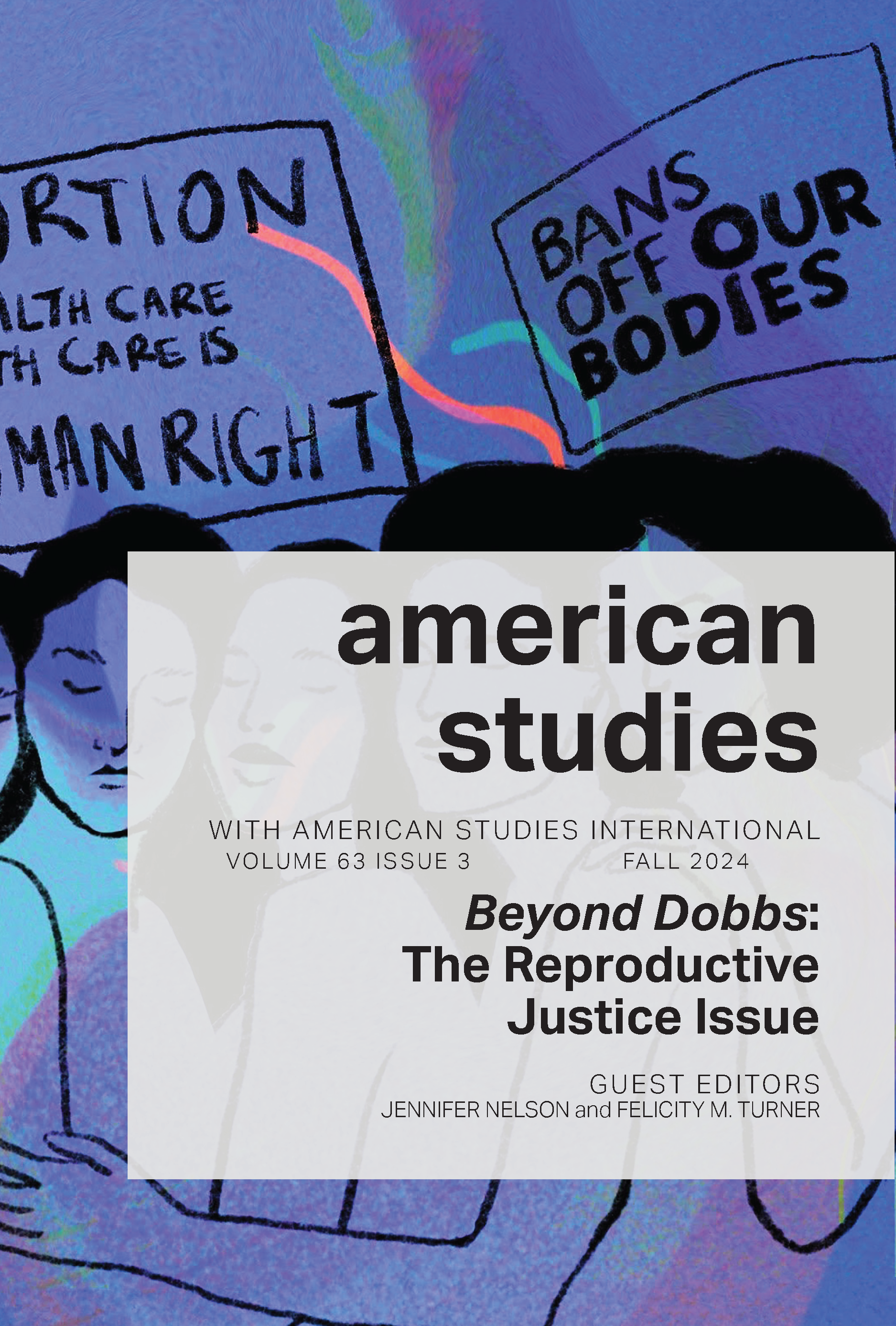Аннотация
This essay examines explores how abortion discourse in the United States is illustrative of civil rights temporalities—the intersection of identity, rights, and time in stories U.S. citizens often tell about rights in the law and other discursive spaces.Fictions about identity, time and rights are intimately connected in the United States throughout U.S. culture—not only in court decisions and the speeches of policy makers but in populist constructions of rights in which all kinds of people construct narratives about their liberties. This essay focuses on reproductive justice as a principal site to explore the manifestations such fictions across U.S. culture. First, I examine how fictions about temporality function specifically in abortion law, from narratives about women to treatments of stare decisis in the Dobbs decision and explore how feminist theory treats time and futurity. I will note that while anyone with the capacity for pregnancy is affected by the ruling, I refer to “woman” as a category because of how essential the discursive treatment of “woman” is to the stories people have told about reproductive justice. In Casey, for example, normative, patriarchal scripts about women shape the decision. And finally, I look how rights temporalities have been explored in feminist dystopian fictions about reproductive justice, which invite a dystopian feminist imaginary that acknowledges the continued presence of struggle as the horizon of gender equality. In short, this essay argues that varied fictions about reproductive rights help us understand how competing notions of just futures are likely to mark any future we might imagine, and that the discourse of “going back in time” may be rhetorically compelling but affectively disempowering and disingenuous. I want to call attention to fictions about time that shape arguments about justice, not only to highlight how these representations about time are indeed fictions, but to explore what hope looks like amidst the fictions that govern our lives.
All items © Mid-America American Studies Association
Authors: If you prefer to remove your text(s) from this database please contact the editor.

